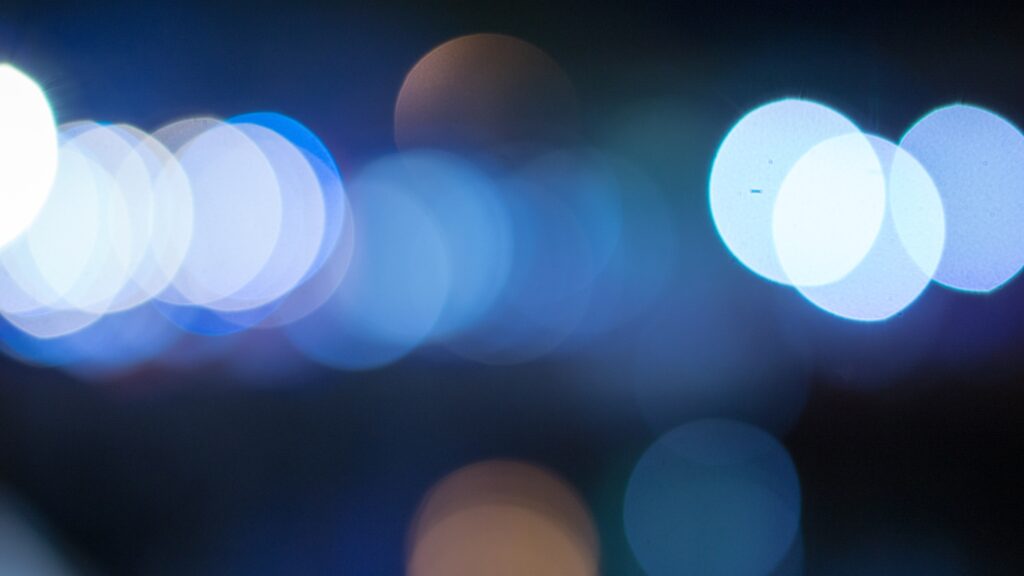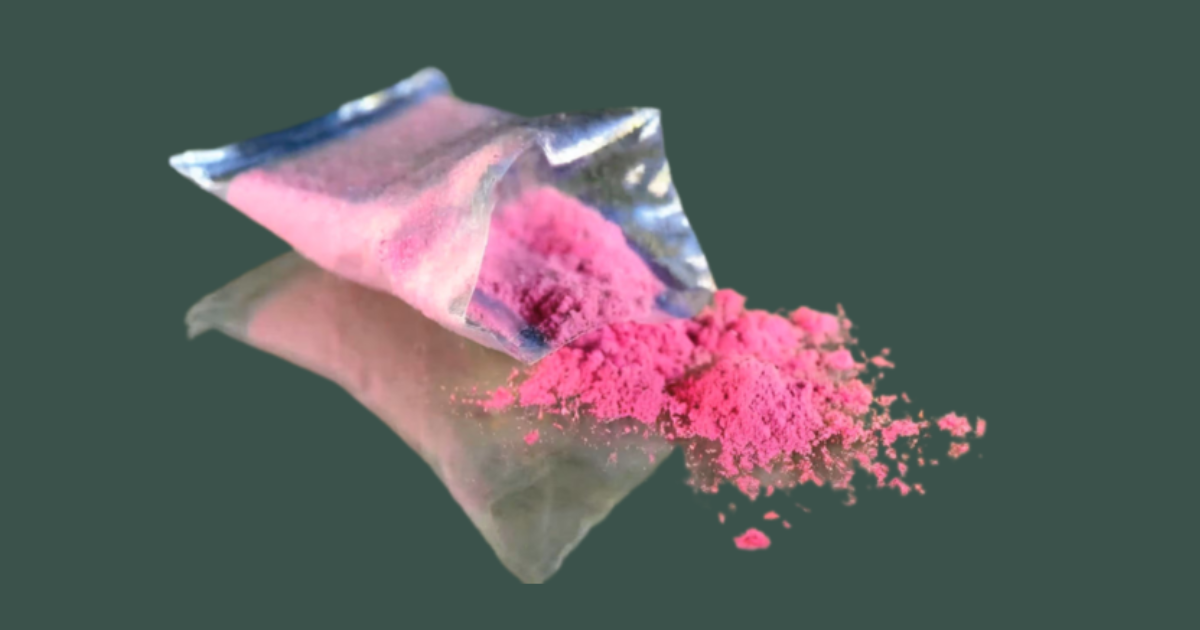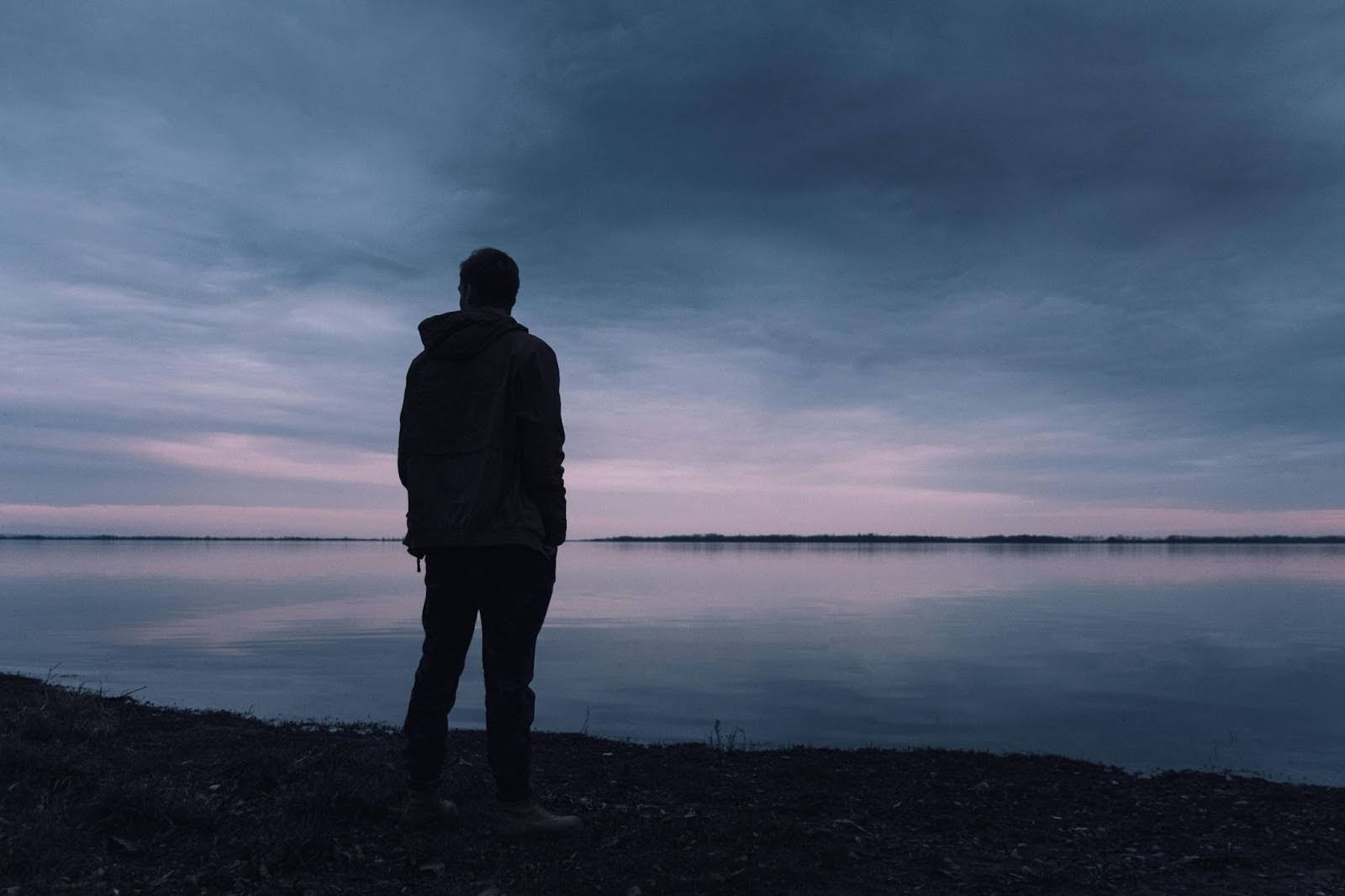Excessive consumption of alcohol can lead to a significant negative impact on an individual’s life. One major consequence is a blackout from drinking. During an alcohol blackout, individuals can experience memory loss or amnesia. It also increases their chance of injuries.
The higher the amount of alcohol consumption, the higher the chance of a person experiencing a blackout. It is essential to understand why do people black out when drinking and ways it can be prevented.
Understanding Blackout Drinking
Blackout drinking occurs when an individual goes through memory loss or a sense of lost time. Throughout the blackout, the individual isn’t unconscious but is socially engaged and might even continue drinking. However, they won’t be able to recall all or most of their actions during that time once they wake up the next day.
Throughout the alcohol blackout, the individual is at a high risk of dangerous or risky behaviors. These actions might include property damage, unplanned sexual encounters, harming someone, and drunk driving.
What Causes Blackouts When Drinking?
You might be wondering why people blackout from drinking. There could be multiple reasons behind it. There are two kinds of blackouts – complete and partial.
During a complete blackout, the person experiences permanent memory loss. It is nearly impossible for them to remember whatever happened during the blackout, even when given cues. During a partial blackout, the person experiences temporary memory loss. They can recall forgotten events with the assistance of verbal or visual cues.
When an individual consumes a high amount of alcohol on an empty stomach or drinks too quickly, it can lead to a blackout.
Signs of an Alcohol Blackout
Since most individuals continue to behave normally and engage during an alcohol blackout, it can get challenging to determine if your loved one is going through it. Some common symptoms and signs that someone might be going through a blackout drinking include:
- Difficulty following a conversation or talking
- Distractibility
- Forgetfulness
- Impaired judgment
- Impaired vision
- Partaking in risky behaviors
- Repeating themselves
- Trouble walking
The more an individual drinks and the higher their blood alcohol content is, the higher their chances of experiencing a blackout.
What Happens During an Alcohol Blackout?
The brain’s hippocampus can’t formulate long-term memories in an alcohol blackout. This results in the individual failing to remember big time chunks even though they were conscious. People experience these blackouts differently. While some might appear normal, others might struggle to speak or function properly.
No matter how they seem to other people, they are bound to forget what they did or said during the blackout. People are able to act and behave normally during a blackout because most parts of their brains are alcohol-tolerant, resulting in them functioning normally.
Ways Blackout Drinking Affects the Body
The effects of alcohol on the body can vary based on the drinking duration, the amount of alcohol consumed, and the years they have been binge drinking. The ways blackout affects the body can be divided into the following two categories:
Short-Term Effects
Many individuals affect short-term effects of blackout drinking, including:
- Delayed reactions
- Diarrhea
- Difficulty walking
- Dry mouth
- Headaches
- Increased impulsiveness
- Nausea
- Poor decision-making
- Slurred speech
These signs and symptoms are a significant indication that an individual might be going through an alcohol blackout without realizing it.
Long-Term Effects
Binge drinking can have a major impact on the brain that lasts a long time. While some problems might be temporary, like memory loss, others can be permanent, like liver problems. Regular heavy drinking also damages the frontal lobe, drastically impacting the individual’s ability to perform tasks, their usual behavior, personality, and capability of storing information.
Many believe it is fine to experience alcohol blackout now and then. This actually has a long-term harmful impact. During a blackout, the gag reflex decreases, resulting in choking or gaging while one sleeps. Blackouts also increase the risk of injuries that may have permanent consequences. There are higher chances that the individual might fall, cause harm to others or themselves, or get into an accident, causing severe injuries or even fatalities.
How Long Do Alcohol Blackouts Last?
The alcohol blackout usually lasts until all the alcohol content is burned by the body. Once the body has discharged all the alcohol from the bloodstream, the brain starts forming and storing memories once again. For many individuals, proper sleep prevents alcohol blackouts as it allows the body to process and recovers from the alcohol and its effects.
Others are able to digest and recover from the alcohol content while awake, but the blackout could last from a few hours to days. While everyone can recover from these blackouts, they can cause fatalities in severe cases.
Tips to Prevent Alcohol Blackouts
Besides avoiding or limiting the consumption of alcohol, pace and moderation play a major part in avoiding alcohol blackouts. Here are a few valuable tips to prevent alcohol blackouts:
- Stop binge drinking. This means limiting the drink consumption to less than four drinks in two hours for women and less than five drinks in two hours for men.
- Eat a heavy appetizer or have a meal before consuming alcohol
- Consume alcohol slowly by sipping instead of gulping the drink, as this helps in monitoring how the drinking is affecting the body
- Drink water between consumption of drinks or restrict how quickly and how much alcohol is consumed
Get the Professional Help You Need
Binge drinking and alcohol blackouts can cause harmful and even life-threatening consequences. It is essential to drink responsibly and monitor the number of drinks being consumed and the ways the body is reacting.
While alcohol blackouts might not always be an indication of alcoholism, they are still a sign of concern and require an evaluation of the individual’s relationship with alcohol. If you or a loved one is experiencing alcohol blackouts or dealing with alcoholism, it is vital to get the right help instantly. Consult a rehab professional to discuss the recovery options to lead a healthy life.







